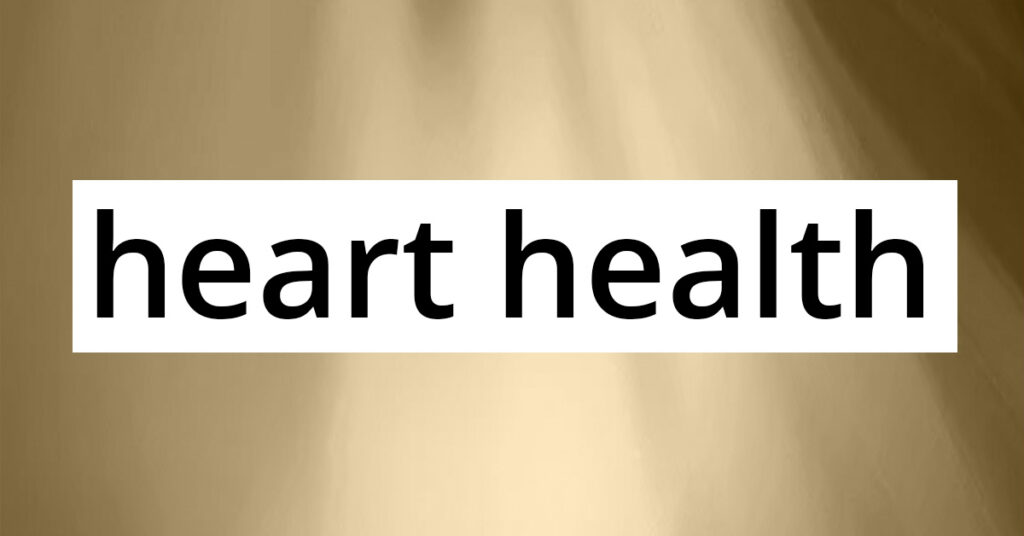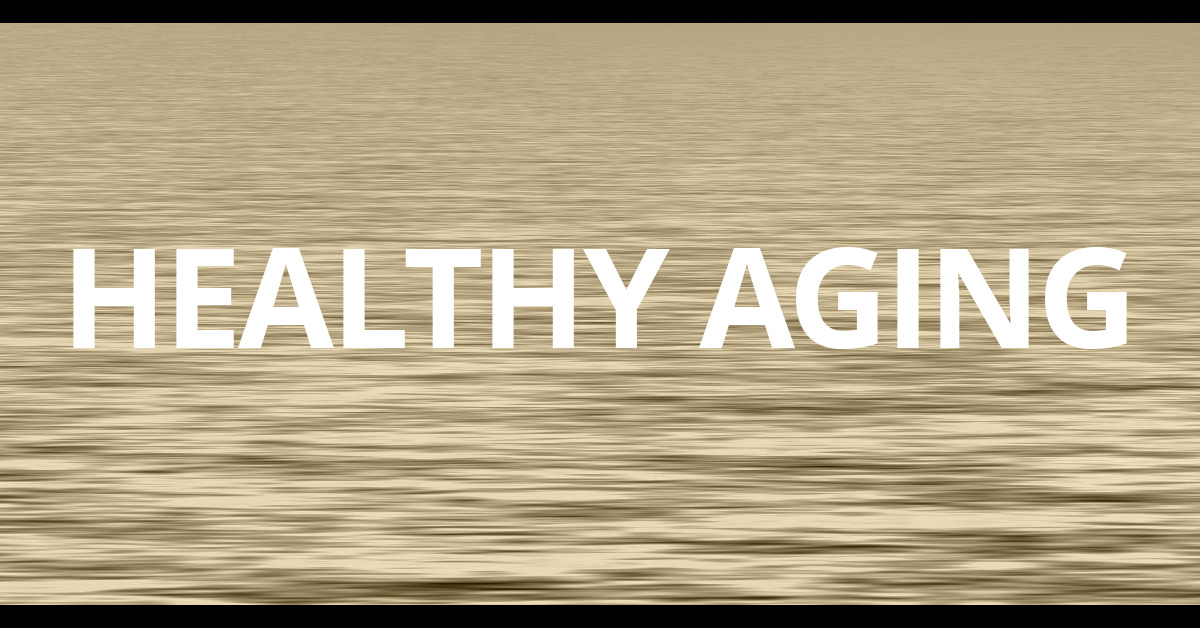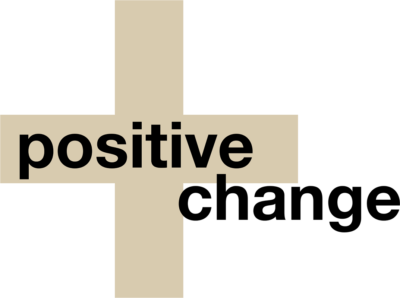Hey there, ladies! Welcome back to another Menopause Mondays® blog. Today, we’re diving into a topic that might not be on your radar but is super important: heart health after menopause.
So, here’s the scoop: As we go through menopause, our bodies undergo some big changes, including a drop in estrogen levels. This drop can speed up plaque buildup in our arteries, which is not great news for our hearts.
According to the American College of Cardiology, a recent study found that women who have gone through menopause and are taking statins to manage their cholesterol might not be getting enough protection against heart problems. (Statins are medications your doctor might prescribe to keep your cholesterol levels in check.)
“This is a unique study cohort of only post-menopausal statin users that signals that post-menopausal women may have risk of heart disease that is on par with males,” said Ella Ishaaya, MD, an internal medicine physician at Harbor-UCLA Medical Center in Torrance, California, and the study’s lead author. “Women are underscreened and undertreated, especially post-menopausal women, who have a barrage of new risk factors that many are not aware of. This study raises awareness of what those risk factors are and opens the door to indicating the importance of increased screening for coronary artery calcium (CAC).”
“After menopause, women have much less estrogen and shift to a more testosterone-heavy profile,” Ishaaya said. “This affects the way your body stores fat, where it stores fat and the way it processes fat; it even affects the way your blood clots. And all of those [changes] increase your risk for developing heart disease.”
The study showed that women using statins had their risk of heart disease go up faster than men of the same age who were also on statins. They did a coronary artery calcium (CAC) screening test, which checks for plaque buildup in your arteries. And guess what? The ladies’ scores on this test climbed faster than the guys’.
Here’s why this matters: heart disease is a big deal for us gals. It’s the number one cause of death for women in the U.S. Yep, you heard that right. And in 2021, it was responsible for 1 in every 5 deaths among women. Scary stuff!
So, what can we do? For starters, staying on top of your heart health screenings is essential, especially after menopause. Get yearly checks of your cholesterol levels. If you have elevated cholesterol lipids, talk to your doctor about referring you to a cardiologist. Then, discuss medications to keep those arteries clean! Be mindful of this new study that suggests that statins may not be enough for women. It is important to note that if a person’s risk level is ambiguous or borderline based on standard risk factors, the ACC/American Heart Association guidelines recommend considering a CAC scan.
I have a history of heart disease in my family. Thank goodness I was put on bioidentical hormone therapy early in my menopause journey for added protection. However, I am taking a combination of medications to keep my Familial Hypercholesterolaemia in check. Familial hypercholesterolemia is a disorder that is passed down through families. It causes LDL (bad) cholesterol levels to be very high. Together with medication, exercise, and healthy eating, my numbers are great!
Be proactive about your heart health, NOT reactive.
My Motto: Suffering in silence is OUT! Reaching out is IN!
Sign up for Fearless Vagina: Ellen Dolgen’s Guide to Menopause
If you want to educate your employees, colleagues, or friends about menopause, look no further! Book Ellen for your next event.
Sign up for MENOPAUSE MONDAYS® Blogs
Be sure to follow me on Instagram @menopause_mondays.
Follow me on TikTok @menopausemondays
Sign up for my fun YouTube Videos!
Download my free eBook: MENOPAUSE MONDAYS the Girlfriend’s Guide to Surviving and Thriving During Perimenopause and Menopause.
*EllenDolgen.com does not recommend, endorse, or make any representation about any tests, studies, practices, procedures, treatments, services, opinions, healthcare providers, physicians, or medical institutions that may be mentioned or referenced.





